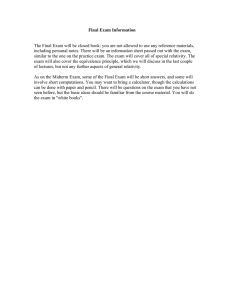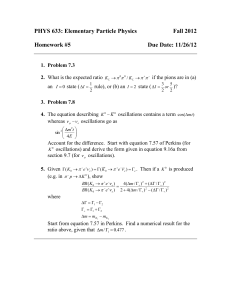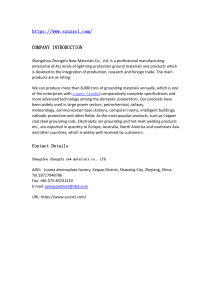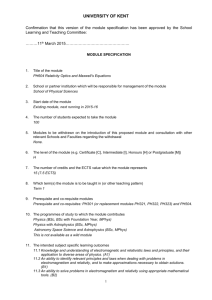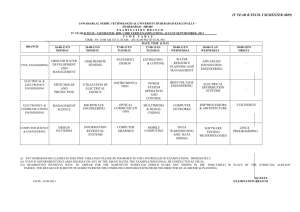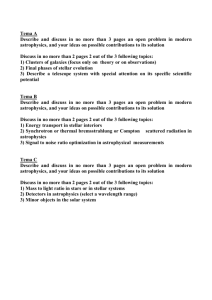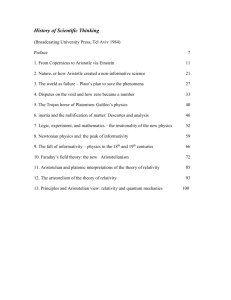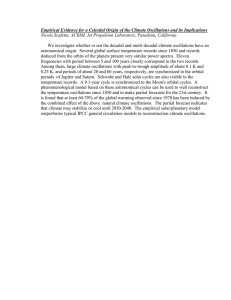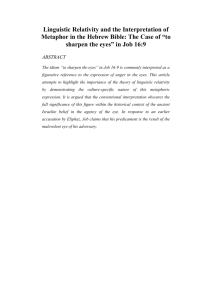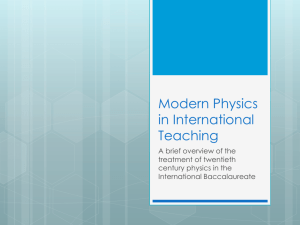Physics
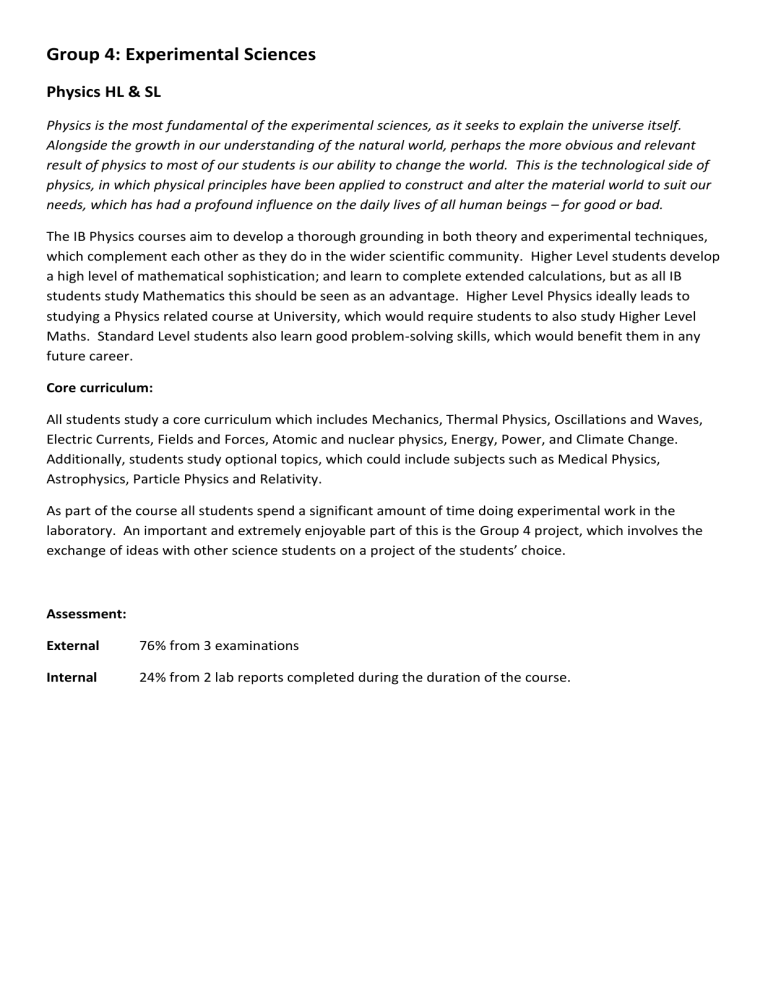
Group 4: Experimental Sciences
Physics HL & SL
Physics is the most fundamental of the experimental sciences, as it seeks to explain the universe itself.
Alongside the growth in our understanding of the natural world, perhaps the more obvious and relevant result of physics to most of our students is our ability to change the world. This is the technological side of physics, in which physical principles have been applied to construct and alter the material world to suit our
needs, which has had a profound influence on the daily lives of all human beings – for good or bad.
The IB Physics courses aim to develop a thorough grounding in both theory and experimental techniques, which complement each other as they do in the wider scientific community. Higher Level students develop a high level of mathematical sophistication; and learn to complete extended calculations, but as all IB students study Mathematics this should be seen as an advantage. Higher Level Physics ideally leads to studying a Physics related course at University, which would require students to also study Higher Level
Maths. Standard Level students also learn good problem-solving skills, which would benefit them in any future career.
Core curriculum:
All students study a core curriculum which includes Mechanics, Thermal Physics, Oscillations and Waves,
Electric Currents, Fields and Forces, Atomic and nuclear physics, Energy, Power, and Climate Change.
Additionally, students study optional topics, which could include subjects such as Medical Physics,
Astrophysics, Particle Physics and Relativity.
As part of the course all students spend a significant amount of time doing experimental work in the laboratory. An important and extremely enjoyable part of this is the Group 4 project, which involves the exchange of ideas with other science students on a project of the students’ choice.
Assessment:
External 76% from 3 examinations
Internal 24% from 2 lab reports completed during the duration of the course.
